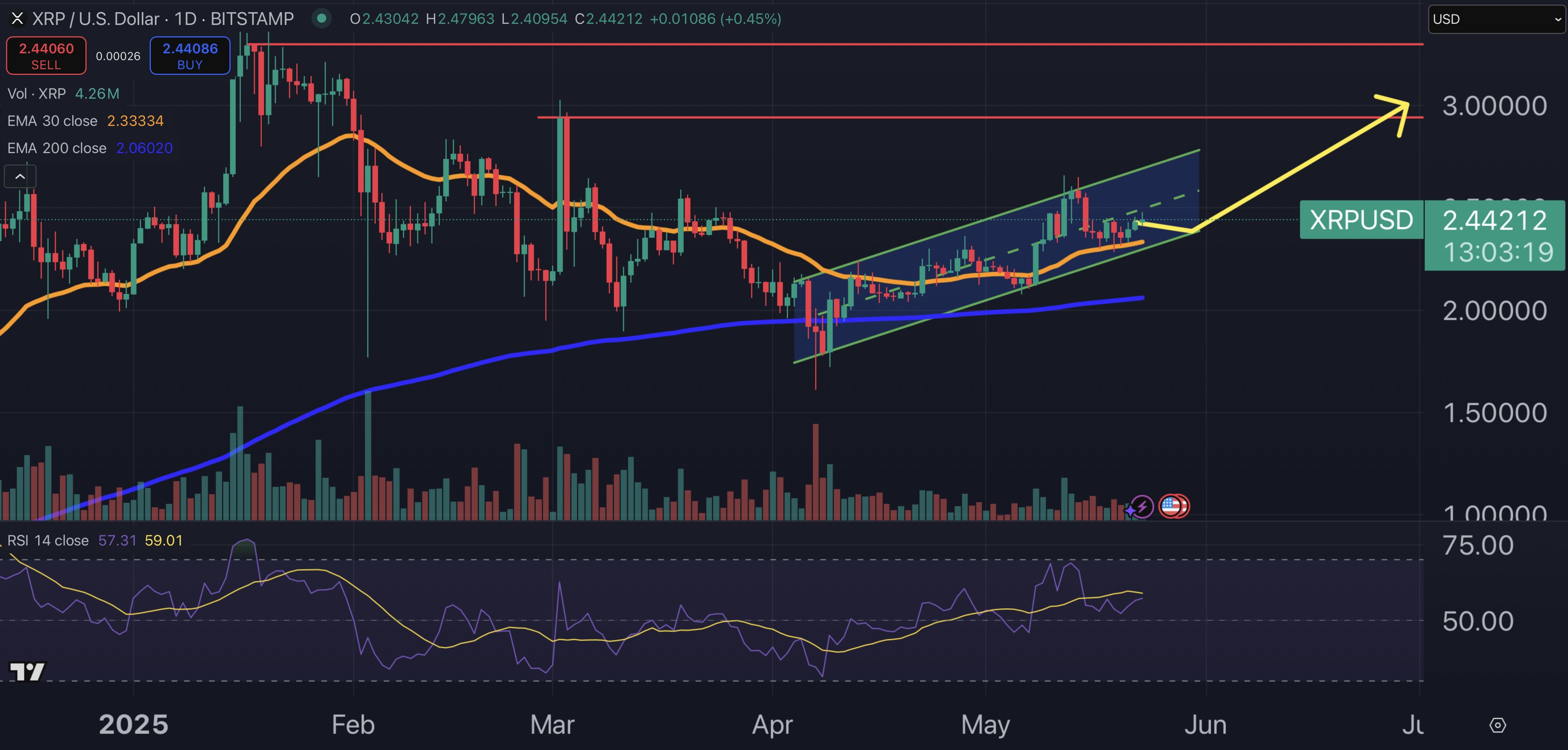Stay informed with free updates
Simply sign up to the Equities myFT Digest — delivered directly to your inbox.
South Korea’s financial regulators have vowed to curb short-term speculation by retail investors, as their bets on tech stocks fuel fears of a market bubble.
Retail investors have made big bets on themes including electric vehicle battery materials, quantum computers and superconductors, making the tech-heavy Kosdaq one of the world’s best performers this year.
“Their investment patterns are highly risky so we are cracking down on leveraged buying and margin call risks,” said Lee Bok-hyun, governor of the Financial Supervisory Service. “They seem to be recently lured by high volatility, which leaves bigger room for strong gains.”
More broadly, he said that small investors lacked incentives to invest for the long term. “Retail investors are not convinced of the market’s long-term gains. We’ll expand measures to protect minority shareholders and thoroughly implement them to restore market credibility and induce their longer-term investments.”
With this in mind, Lee added that financial regulators were stepping up monitoring of the market and would strengthen punishment of those involved in unfair trading. The FSS has committed more staff to help with a crackdown on illegal sales activities by brokerages and asset managers and the distribution of false information by investment boutiques and advisory firms. Financial authorities plan to impose hefty fines and speed up investigations into irregular trading activities.
“It is important to ferret out unfair trading by institutions, large shareholders and insiders in order to regain investor confidence, given the strong perception that only big institutions and large shareholders profit from stock trading at the expense of retail investors,” Lee said.
His comments reflect regulators’ concerns over Korean retail investors’ leveraged speculative buying of “theme stocks”, with margin loans near historic highs.
Heavy retail buying of anything related to electric vehicle batteries has helped the Kosdaq gain about 20 per cent in the year to date, more than double the 8 per cent rise in the benchmark Kospi Composite index.
“Many retail investors pursue a ‘high-risk high-return’ strategy, spurred on by sensational news and tips from YouTubers, Telegram [users] and other social media,” said Lee Seung-hoon, head of research at IBK Investment & Securities. “Their investment spans are getting shorter and shorter, swayed by news flows with no fundamental basis.”
Analysts at Goldman Sachs have also expressed concern over the risk of margin calls on ordinary investors.
“There are some signs of overheating in the Kosdaq market in terms of highly extended valuation, deteriorating earnings outlook, market concentration and leveraged activities by retail investors,” John Kwon and other analysts wrote in a recent report.
Retail investors’ hopes for technological breakthroughs have driven shortlived rallies in superconductors, quantum computers and energy storage material MXene in recent weeks, while geopolitical news such as Japan’s discharge of radioactive water has sparked heavy retail buying of salt and seafood alternatives.
“Companies with visible data like market size and earnings are not appealing to them anymore as they seek gains of more than 10 times their investments,” said Lee at IBK.
Despite the wild swings, analysts expect retail flows into the Kosdaq to continue, given the high level of deposits in brokerage accounts since the pandemic.
Kim Mi-seon, a 56-year-old housewife in Incheon, is a “theme stock” lover. In August, she made a 20 per cent return on her Won30mn ($22,000) investment in superconductor-related equities.
“As soon as I heard the news about superconductors, I jumped into the stocks, hooked on their potential,” Kim said. “Sometimes, it is better to just cash in on a fad than study things hard.”
Credit: Source link











